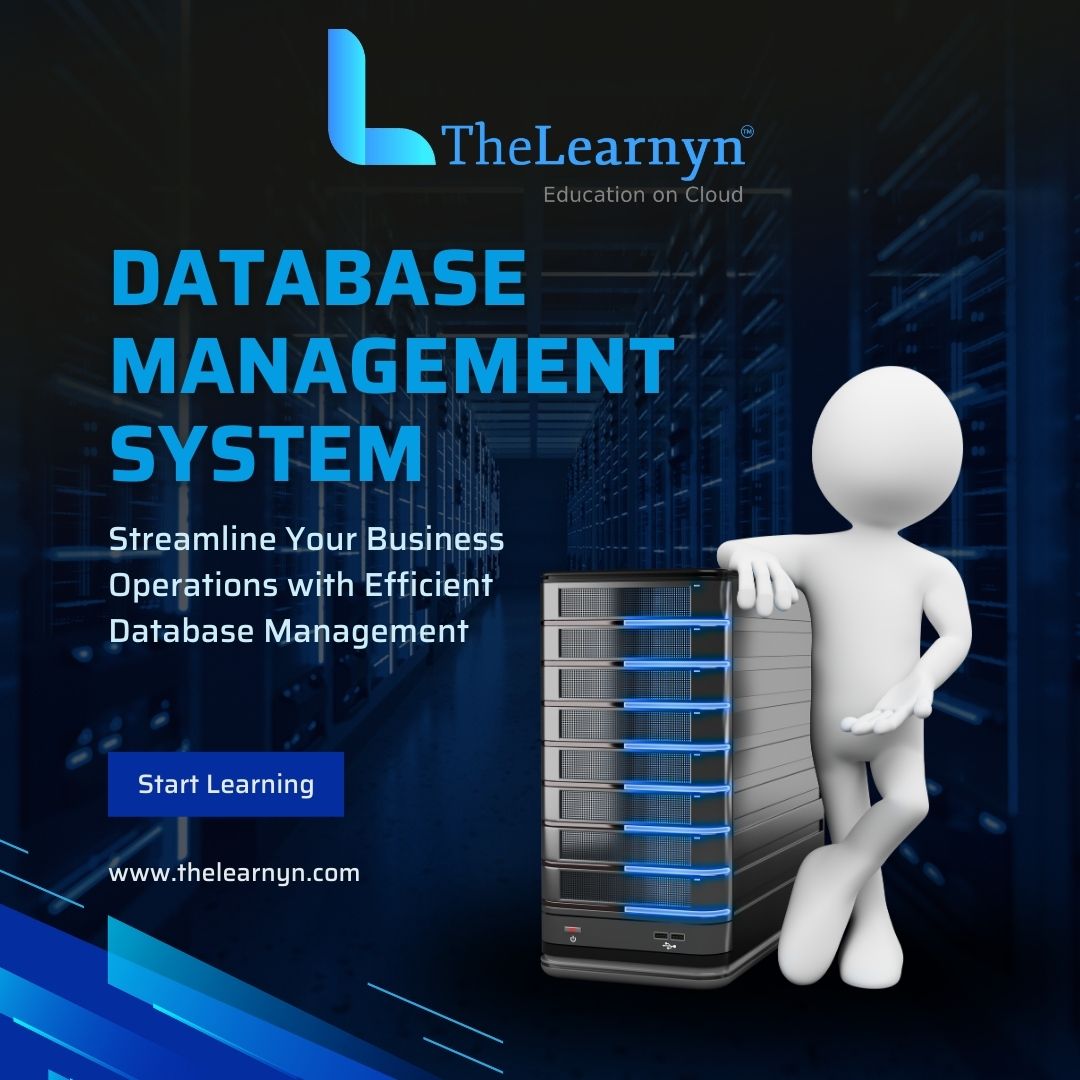A Database Management System, or DBMS, is a software solution that allows for the storage, organization, retrieval, and management of vast amounts of data in a structured manner. It acts as an intermediary between users and databases, facilitating efficient data handling and ensuring data integrity. DBMS enables users to interact with data using query languages, such as SQL (Structured Query Language), and provides mechanisms for data security, backup, and recovery.
Components of a Database Management System
- Data Structure: DBMS employs a structured format to organize and store data. It uses tables or entities to represent entities and relationships, enabling efficient data retrieval and manipulation. The data structure is defined through a schema, which outlines the tables, attributes, and constraints that govern the database.
- Data Storage: DBMS provides mechanisms for storing data on physical storage devices, such as hard drives or solid-state drives. It manages data files, ensuring optimal storage allocation and minimizing data fragmentation. DBMS also utilizes indexing techniques to expedite data retrieval by creating indexes on frequently queried attributes.
- Data Manipulation: DBMS offers powerful tools for data manipulation, allowing users to insert, update, delete, and retrieve data. Through query languages like SQL, users can perform complex operations on data, including filtering, sorting, aggregating, and joining tables. This capability enables organizations to extract valuable insights and generate meaningful reports.
- Data Security: DBMS implements robust security features to protect data from unauthorized access, manipulation, and theft. It ensures data privacy by assigning user roles and privileges, controlling access to specific data subsets. Encryption techniques can be employed to safeguard data during storage and transmission. Additionally, DBMS incorporates mechanisms for data backup and recovery, ensuring business continuity and minimizing the risk of data loss.
Advantages of Database Management Systems
- Streamlined Data Management: DBMS eliminates the need for separate data files and provides a centralized platform for storing and retrieving data. This streamlines data management processes, ensuring data consistency and minimizing data redundancy. Multiple users can access and manipulate data concurrently, promoting collaboration and improving productivity.
- Enhanced Data Integrity: Maintaining data integrity is crucial for accurate and reliable information. DBMS enforces data integrity rules, such as entity integrity, referential integrity, and domain integrity, to ensure the validity and coherence of data. By minimizing data anomalies and inconsistencies, organizations can make informed decisions based on trustworthy data.
- Improved Data Accessibility: DBMS enables quick and easy data retrieval through powerful query languages. Users can formulate complex queries to retrieve specific data subsets, perform aggregations, and generate reports. This accessibility empowers organizations to make data-driven decisions based on real-time information, enhancing operational efficiency and competitiveness.
- Scalability and Flexibility: DBMS offers scalability and flexibility to accommodate the growing volumes of data and changing business requirements. It allows for the addition of new data fields, tables, or entire databases without disrupting existing operations. DBMS supports various data types, including text, numerical, multimedia, and spatial data, catering to diverse application domains.
- Data Integration and Interoperability: In many organizations, data is stored in multiple systems and formats. DBMS facilitates data integration by consolidating disparate data sources into a unified and consistent view. This integration enhances data sharing and interoperability across different applications and departments within an organization. It also enables seamless collaboration with external systems, fostering partnerships and enhancing supply chain management.
- Decision Support and Business Intelligence: DBMS plays a crucial role in decision support and business intelligence. It provides tools and functionalities, such as data mining, OLAP (Online Analytical Processing), and data visualization, which help uncover hidden patterns, trends, and insights within the data. This empowers organizations to gain valuable business intelligence, make informed decisions, and identify opportunities for growth and improvement.
- Cost and Resource Optimization: Implementing DBMS leads to cost and resource optimization. By centralizing data storage, organizations can reduce hardware costs, storage requirements, and maintenance efforts. DBMS also improves data retrieval speed, overall system performance, and response times. Automation of routine tasks, such as data backups and indexing, frees up human resources for more critical activities, enhancing efficiency and productivity.
Conclusion
Database Management Systems are the backbone of data-driven enterprises, providing efficient and reliable means to store, retrieve, and manage vast amounts of information. From streamlined data management to enhanced data integrity, accessibility, and security, DBMS offers a multitude of advantages. It enables organizations to make informed decisions, gain valuable insights, and stay ahead in today’s competitive landscape. By embracing DBMS technology, businesses can harness the power of data to drive innovation, optimize operations, and achieve sustainable success. At thelearnyn we provide basic and advanced computer courses offering a wide range of courses such as MS Office applications, Graphics and animation, computer programming languages, tally, tally prime, digital marketing, database management, web designing, and many more. Don’t miss this golden opportunity to enhance your skill sets and excel in your career. For more details The Learnyn.

